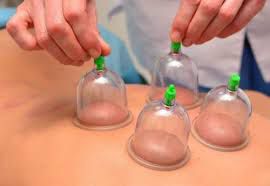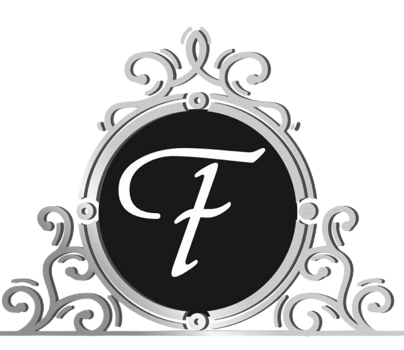Cupping/ Hijama

First: Definition of cupping:
Cupping is one of the ancient alternative medicine methods that use cups in certain places in the body, then we make surface strips to extract blood from these sites.
Second: History of cupping
It is considered one of the oldest treatments that have been used in human history and among the first who used it are the ancient Egyptians there are drawings on some temple walls documenting the pharaohs’ use of cupping as a type of treatment used in the past, then the ancient Chinese, then the Indians, then the Romans, then the Greeks, then the Arabs, and the Prophet, may God’s prayers and peace be upon him, came and protested. He acknowledged and advised his nation after him cupping as a treatment.
Third: Types of Cupping

1-Dry Cupping
Cupping is used on muscle pain sites without any striping or blood coming out, and left for 10 to 15 minutes
2- Sliding/ Massage Cupping
It is used with the use of natural oils to treat muscle and joint pain and the cups move in different directions, vertical, circular, and transverse, used to reduce muscle tension and joint pain


3- Wet Cupping / Hijama
In this cupping, the cups are used on certain places in the body determined according to a specific map, where each organ and each disease in the body have certain points that are precisely defined on the body in this cupping blood is extracted from the body and the amount of blood drawn varies according to the nature of each patient
Fourth: Benefits of Cupping
1- Stimulate blood circulation
2- Immune system stimulation
3- Activation of hormone secretions
4- Reducing pain
5- Creating a balance in the body’s energy channels, extracting acids, toxins, and unhealthy blood wastes
6- It contributes to and helps with many other medical conditions
Fifth: Uses of Cupping
Cupping is used for two main purposes:
1- General preventive cupping:
These are used to stimulate blood circulation and hormones and to extract toxins and acids from the body
2- Therapeutic cupping:
It is used as a complementary treatment that contributes to and helps treat many different diseases
Sixth: Hijama and Sunnah
Cupping is considered a type of medication recommended by the Prophet Muhammad,
May God’s prayers and peace be upon him, where he was cupped and recommended his ummah after him, and there are hadiths in the two Sahihs, including
The Prophet Peace Be Upon Him said
-“Verily, the best practice with which you treat yourselves is cupping”
– “’There is healing in three: a cupping operation, a drink of honey, and cauterization with fire, but I forbid my nation from using cauterization”
Seventh: Diseases that cupping contributes to treating
Cupping contributes and helps in treating many diseases as a complementary medicine
1 – Neck pain
2 – Back pain
3- Roughness of the joints
4- Problems of lethargy, laziness, and rapid fatigue
5- Chronic headache
6- Problems of the reproductive system
7- Erectile dysfunction
8- Prostatitis
9- Reproductive problems
10 – The menstrual cycle and ovaries
11 – Disk pain and sciatica
12 – Respiratory problems, allergies, asthma
13 – Digestive problems – stomach ulcers – colon problems – constipation – chronic contribution
14 – psychological problems, anxiety, depression
15 – Problems with hormonal disorders
16 – Diseases of the nervous system
17 – Infections of the fifth and seventh nerve
18 – Multiple sclerosis
19 – Gout
Eighth: Tips before and after Cupping
Before cupping
It is preferable to perform cupping in the morning on an empty stomach, and it is important that the cupping is fasting during the day two or three hours before it
After cupping
It is preferable to abstain from fatty eating and to prevent any physical or sexual exertion for a period of 24 hours in order to give the body opportunities to stimulate blood circulation to the places that have been targeted in cupping. It is forbidden to shower for a period of 24 hours until the cupping scalp is cured.
Ninth: The Timing of Cupping
If it is for a preventive purpose, it is preferable to take place on the days of the Prophet’s Sunnah, which are the 17, 19, and 21 of the Hijri month.
If it is for a therapeutic purpose, it is okay to abstain from any day of the month at any time.
